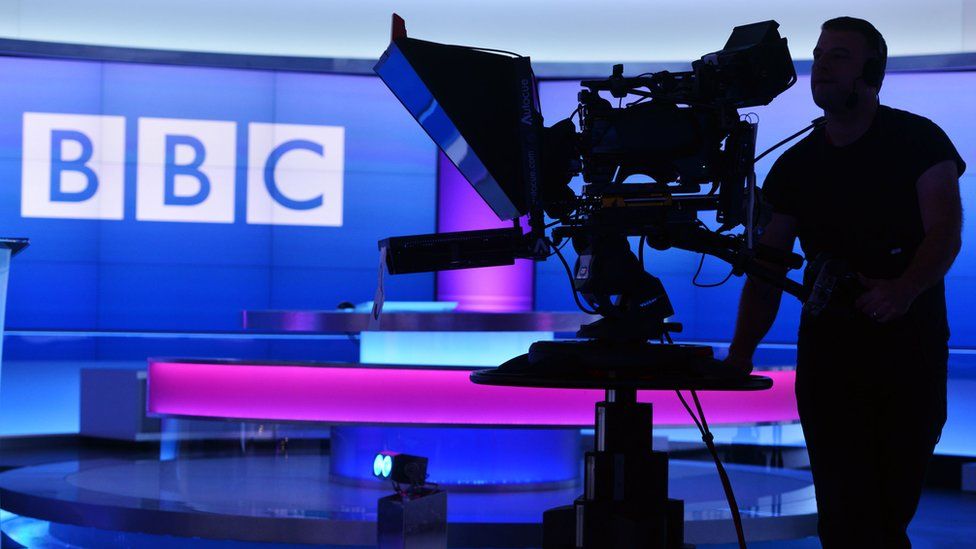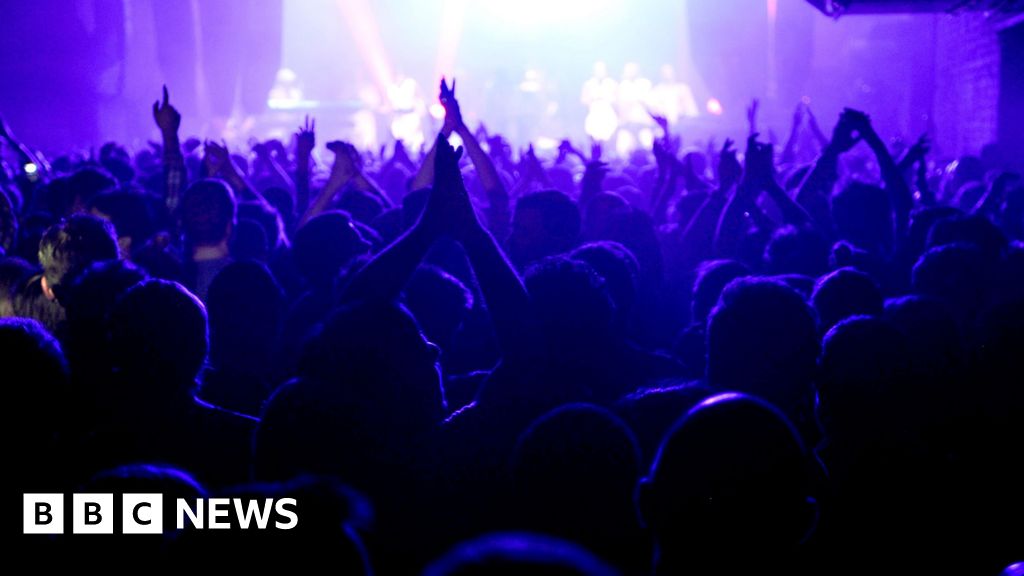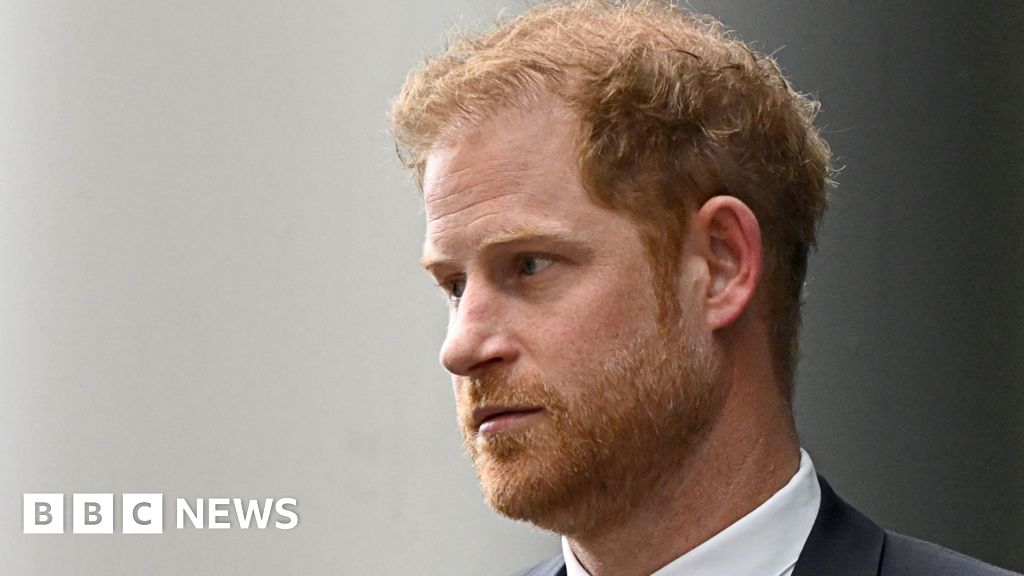ARTICLE AD BOX

The decision to raise the licence fee by a smaller amount than expected well create an estimated funding gap of £90m
By Steven McIntosh
Entertainment reporter
The current BBC licence fee of £159 will increase by £10.50 - a rise of 6.6% - the government has announced.
The figure has been determined using September's rate of inflation, rather than an average across the last year.
Due to the recent fall in inflation, that means the figure is less than the BBC and Office for Budget Responsibility (OBR) had anticipated.
The decision to raise it by a smaller percentage will leave a expected funding gap of around £90m.
The increased fee of £169.50 will come into effect in April, having been frozen at £159 for the past two years.
The BBC had expected a rise closer to £15, based on the average rate of inflation over the past 12 months - a metric which has been used previously.
However, Culture Secretary Lucy Frazer said earlier this week that an increase of £15 would "absolutely" be too much.
On Monday, she said said she was concerned a "significant rise" in the fee would add to cost of living pressures.
The BBC's funding has gone up in the last decade from £3.70bn in 2013 to £3.74bn in 2023.
If the licence fee had increased with annual inflation, the corporation would have an extra £1.16bn in funding from the fee alone.
The number of households paying licence fee has dropped by 437,000 over last 12 months.
While some have refused to pay, that figure is partly down to the number of elderly people who are unaware that they now have to buy a licence.
Image source, Reuters
Image caption,Culture Secretary Lucy Frazer said the previously anticipated of £15 would "absolutely" be too much
The government transferred the financial responsibility of free licences for the over-75s to the BBC in 2019.
Elderly people are now required to pay the licence fee unless they are on pension credit. As nearly 950,000 pensioners receive credit, covering their licences costs the BBC around £150m annually.
Last week, the BBC announced it was cutting back BBC Two's Newsnight programme as part of a series of changes within BBC News which are expected to save around £7.5m
There has been speculation in recent years that the funding model could change - with an increasing number of critics suggesting a universal fee no longer makes sense in a digital era of abundant choice.
Earlier this week, Ms Frazer said the current model "unsustainable", adding: "The media landscape is changing. We're not consuming the BBC like we used to consume it.
Streaming services such as Disney+ and Netflix have announced price increases of 38% and 14% respectively for the coming year.
The announcement of the licence fee rise comes after the government confirmed Samir Shah was its preferred candidate to take over as BBC chairman, following Richard Sharp's departure earlier this year.
His appointment has been welcomed by broadcasters including Andrew Neil and Trevor Phillips, who told BBC Radio 4's Today programme Dr Shah would be a"fierce defender" of the corporation, but also "expect the highest standards" from it.
Mr Phillips, who is a friend and former colleague of Dr Shah's, said he was a "fantastic choice" for the role of chairman.
Image source, PA Media
Image caption,Samir Shah's appointment means there will now be a journalist at the top of the BBC
He said the BBC's survival will be Dr Shah's chief concern, adding: "I am one of those who was sceptical that the BBC would survive into the 2030s. His appointment is the first thing that has given me hope.
"That matters for all of us - I am a broadcaster for another channel, Sky, and we, of course, do our job I hope as well as [the BBC] do, but the BBC is paid by the public in a way to be the gold standard. And for all of us, its survival really matters."
Mr Phillips added: "I wonder whether there needs to be more movement towards a hybrid way of funding for the BBC, because the truth is the broadcasting and commercial environment in which the BBC came into being has gone. We are in a whole different world."
Another friend of Dr Shah's, columnist Rod Liddle, also welcomed his appointment, adding he has a "wicked sense of humour and doesn't have much time for the identity politics and tokenism with which the BBC seems obsessed".
"Together with Tim Davie, the director-general, he may just be able to set the bloated corporation on a rather better course."

 11 months ago
19
11 months ago
19








 English (US)
English (US)